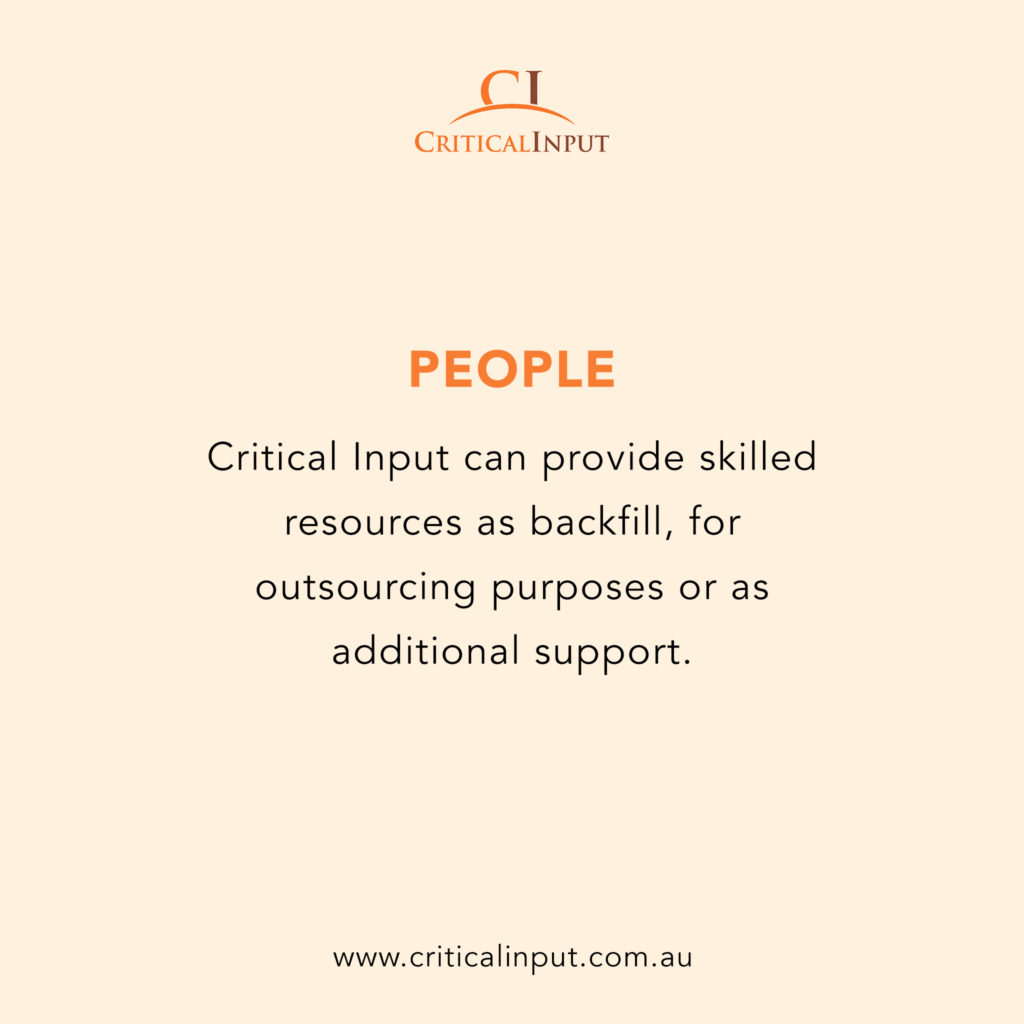Shifting energy
Critical Input Senior Consultant Russell Wood will be attending Energy Networks Australia’s Conference at the Brisbane Convention & Exhibition Centre from March 16-18, 2022. We caught up with him to hear his thoughts on what’s been happening within the sector, and if indeed, we’re living through a watershed moment.
There have been some interesting developments recently within the energy sector.
There’s been a fundamental shift for energy generation, transmission and the entire energy supply chain. While Australia has been a laggard, the shifts in Europe from the EU Green Deal, and Biden’s Clean Energy Revolution in the US have altered policy direction globally. The region and Australia will play their part in this and these all set the background for interesting moves such as the recent AGL and Origin happenings.
Is this signalling a major turning point in Australia’s energy economy?
We’re going green, but precisely when and how are not yet certain. In particular Origin’s sudden move raises some questions. Currently, about 51% of the required replacement supply to shut down Eraring is unconfirmed and uncertain. This means that a significant amount of stable base-load supply (from other sources) needs to be commissioned within three years. Further, Origin’s CEO repeatedly emphasised within his press appearances that pricing for base-load power compared to renewables (effectively subsidised) was unsustainable at current levels. Is this signalling that the regulator needs to review stable base-load prescribed pricing versus transient renewable generation? And despite New South Wales’s massive renewables funding just announced, if replacement supply isn’t confirmed as the 2025 deadline approaches, does Origin then delay the closure?
What are you interested in exploring at the conference?
Our main goal is of course networking with key connections and decision-makers across the energy supply chain. More specifically, we’re interested in learning about new generation components and systems that will go into the grids of the future. This includes generation, transmission, sub-stations, and secondary systems/communications. The materials management approach and lifecycle planning around these components is a key focus.
Where does Critical Input fit within the energy sector?
Critical Input has vast experience dealing with utilities, regulated asset operators and critical infrastructure organisations within Australia and the region. We have solid experience and expertise within the energy sector also. We’re interested in just reminding people of who we are and what we do plus how we can achieve savings and efficiency gains with materials management, planning and logistics across the energy supply chain. If you’re planning on attending, shoot me an email at [email protected] and we can grab a coffee.





